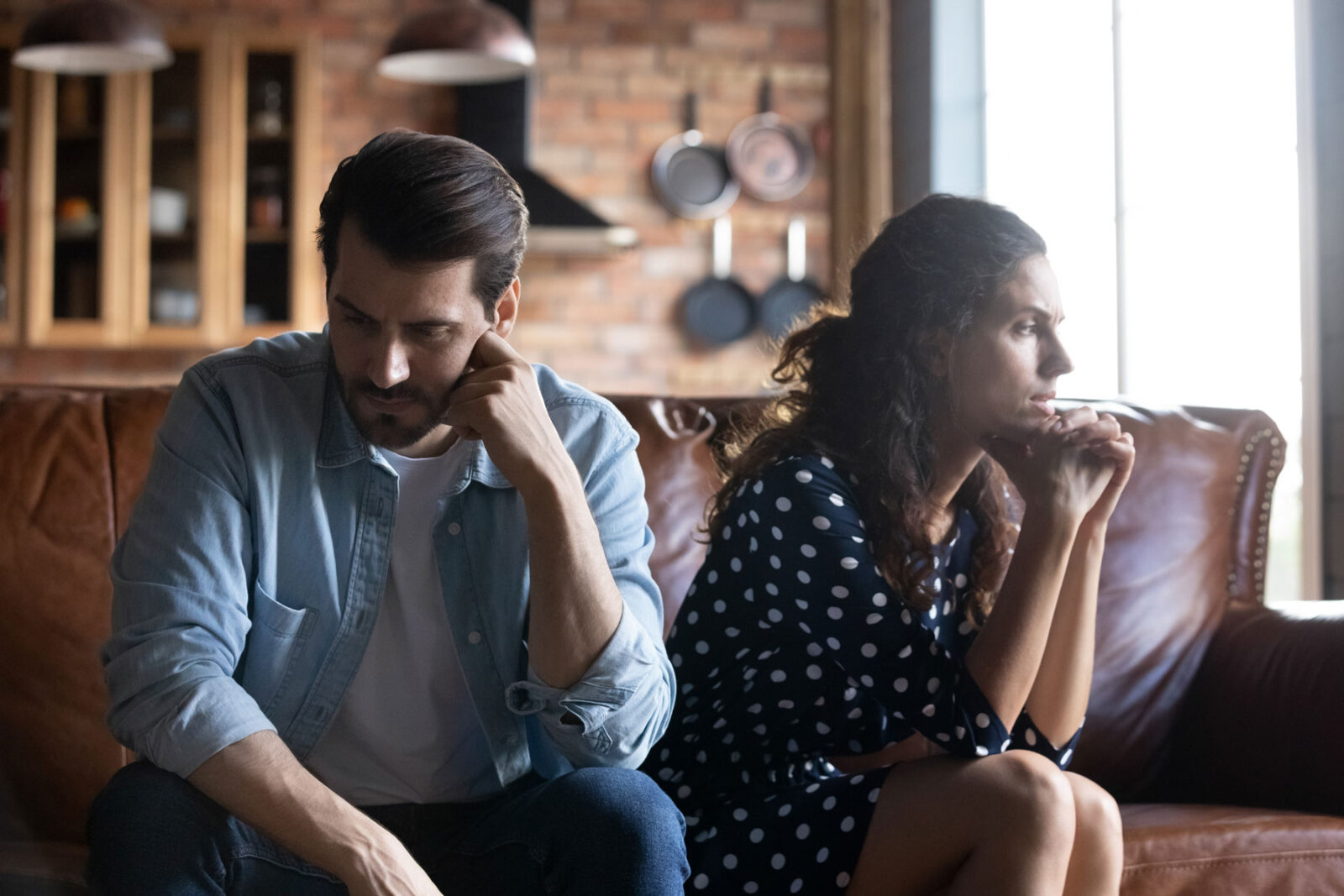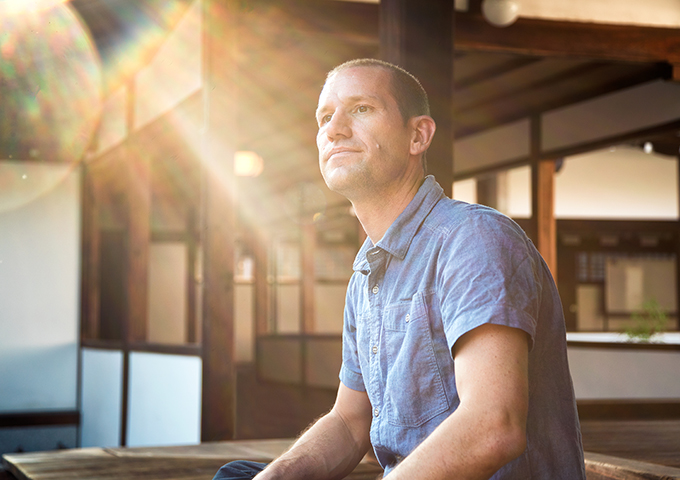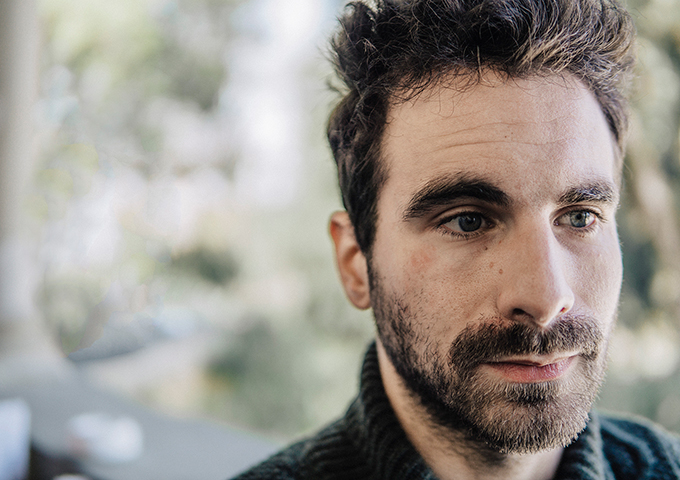Understanding verbal abuse
Many relationships face conflict, but how do we know when the problem is more serious? Read on to understand what constitutes verbal abuse, learn key signs to look for, and how to get help.
Read moreIt’s very common for people who use violence and abuse in their relationship to use excuses. Below is a list of common excuses used when violence erupts in a relationship.

It’s very common for people who use violence and abuse in their relationship to use excuses. Below is a list of common excuses used when violence erupts in a relationship.
It’s very common for people who use violence and abuse in their relationship to blame their partner. They may say that they are subjected to very annoying behaviour and their partner riles them up or deliberately frustrates them. They may also say that they ‘deserved it’ because of their aggravating behaviour.
It is also common for people who use violence in relationships to say they had not been violent in previous relationships.
Sometimes the violence is preceded by a warning – “If this doesn’t happen then I will…” which further allows the user of violence to act as though they have behaved fairly. Threats can be unspoken. Sometimes it just takes a look to let a person know they are in danger if they don’t do what is told. That’s not okay either – it is still relying on controlling another person by using fear and intimidation.
Sometimes people who use violence in their relationship will say they were violent in retaliation. “They started it.” But often when people are behaving in this way, it is because they are retaliating against abuse. So maybe you started it? Maybe they did. But you can stop it.
The bottom line is: violence and abuse is not okay, no matter what you say or think your partner did.
There are many other ways to manage differences of opinion, express your frustration or confront relationship issues. There is no excuse for using violence even if your partner has behaved aggressively towards you. You can learn other responses – these include containing, restraining or leaving.
Being in a relationship can be difficult and stressful. We can help you to find new ways of dealing with these challenges.
Behaving abusively when you are affected by drugs and alcohol can be passed off as a behaviour you ‘can’t help’. Again, there is no excuse in this. If your behaviour becomes violent when you drink or use drugs, then your choice to continue using substances means you are choosing to use violence.
There are many options available for reducing or ceasing substance use. Using alcohol and drugs is no excuse for using violence.
The list here is long… “I just saw red”, “I had a brain snap”, “I lost it”, “I wasn’t myself”, “I don’t know what happened”. “It came out of nowhere”… but if these statements were true, your violence would also arise in many other situations, as would a range of other behaviours.
If your violence only happens to your partner and does not erupt with other people in lots of other situations, then it is extremely unlikely you’re out of control. And if you are only ‘out of control’ around your partner, then the choice to be violent with them is still a choice, no matter how much you’d prefer to say you can’t help it.
We find that people who use violence in relationships do so for a range of reasons that come down to choices.
It may sound strange but the situations you choose to see as loss of control are more likely to be about your effort to keep control – usually of someone else, to get what you want.
You want your partner to back down from an argument, follow your orders, stop doing something, start doing something, behave differently, be quiet, let you have your own way or do what you say. If you are making a choice, you can’t be out of control.
Abuse is your way to keep power and control.
Okay, so maybe you feel like you’re out of control. But you have control. You have control of you. If you need strategies for controlling your own emotions visit our anger management toolkit resource.
“It was just a bit of a fight, a disagreement that got physical. We get a bit rough sometimes“.
Even if your partner has aggravated you, had an affair, threw your dinner on the floor, slapped your face… it is your responsibility to choose not to be violent. Being violent because someone else is behaving in a provocative manner is still no excuse.
People can sometimes choose to minimise their violence by saying there were two people involved. “They started it.” “It takes two to tango.” “My partner gives as good as they get.” “They’re overreacting.” This is most often not the case. But even if it is the case, your violence is your problem and you are responsible for stopping it. If you continue to retaliate, there is a good chance the violence will escalate.
Pointing at someone else’s behaviour is a great way to stay stuck. It is also a recipe for disaster. Getting stuck in the blame game stops you from being the kind of person you probably want to be.
Referring to your violence as something that is out of character or in the past is another type of ‘story’ a person will tell themselves when they are using violence. The fact that the violence keeps happening, and is significant, are just two of the indicators that this is yet another excuse. Only by undergoing genuine change and sustaining it for a period of time, can a person honestly refer to it as past behaviour.
And let’s face it: you may be good most of the time, but violence has no place in the behaviour set of a good person no matter what kind of rough patch you may be going through.
If you have been using violence, there is every chance you will use it again unless you do some work on yourself and find new ways to behave in relationships.
The fact is: any excuses keep you stuck in old behaviours. You can change. Your life can be very different. But nothing can change until you take responsibility.
If you need to talk to someone, give one of our MensLine Australia counsellors a call on 1300 78 99 78 or access free online counselling.
If it is an emergency, please call 000.
Many relationships face conflict, but how do we know when the problem is more serious? Read on to understand what constitutes verbal abuse, learn key signs to look for, and how to get help.
Read more
Domestic and family violence in our community is unacceptable. Everyone has the right to be free from harm and to live without fear of abuse. All victims need compassionate and highly responsive support.
Read more
The Violence Prevention Program is part of the Changing for Good service and is for men who are worried about their thoughts and behaviour escalating to physical violence.
Read more
The Post-Men’s Behaviour Change Program is part of the Changing for Good service and is for men who have completed a Men’s Behaviour Change Program (MBCP) in the last 12 months.
Read more